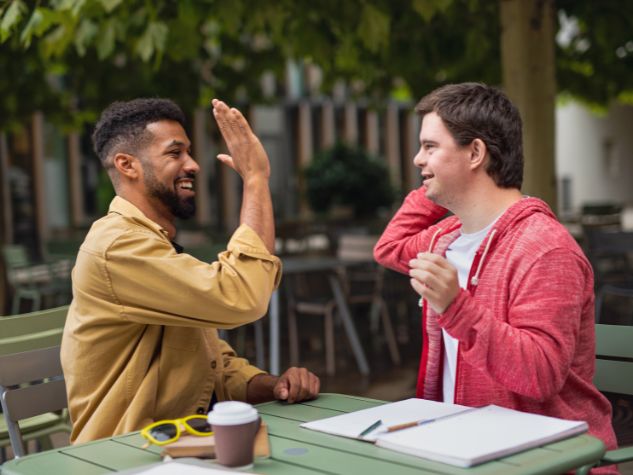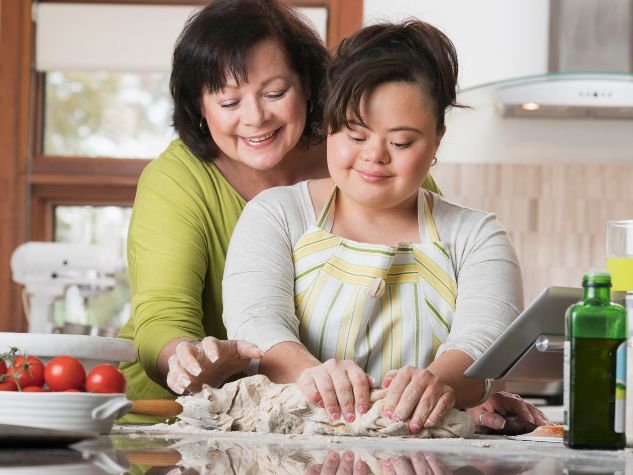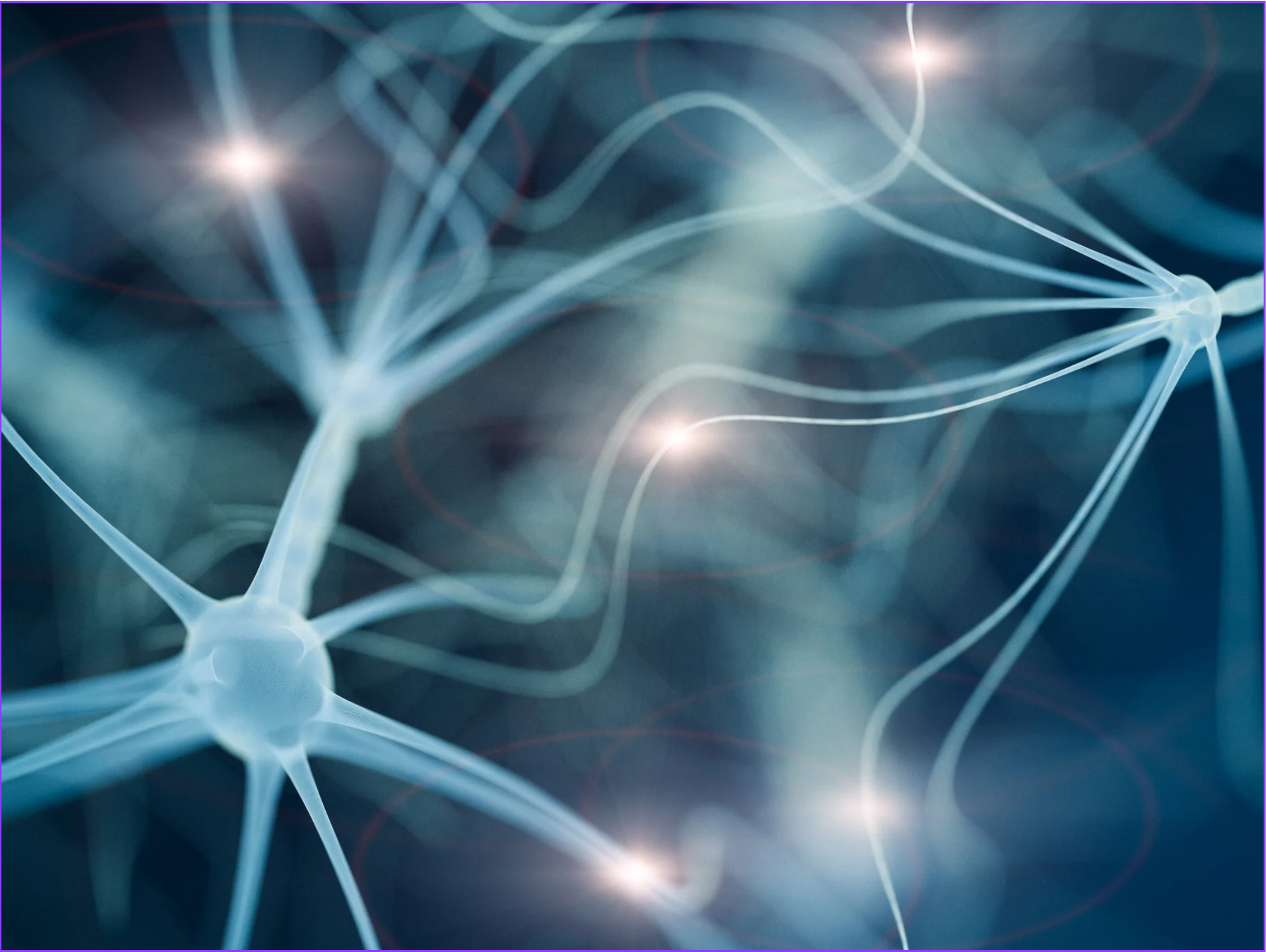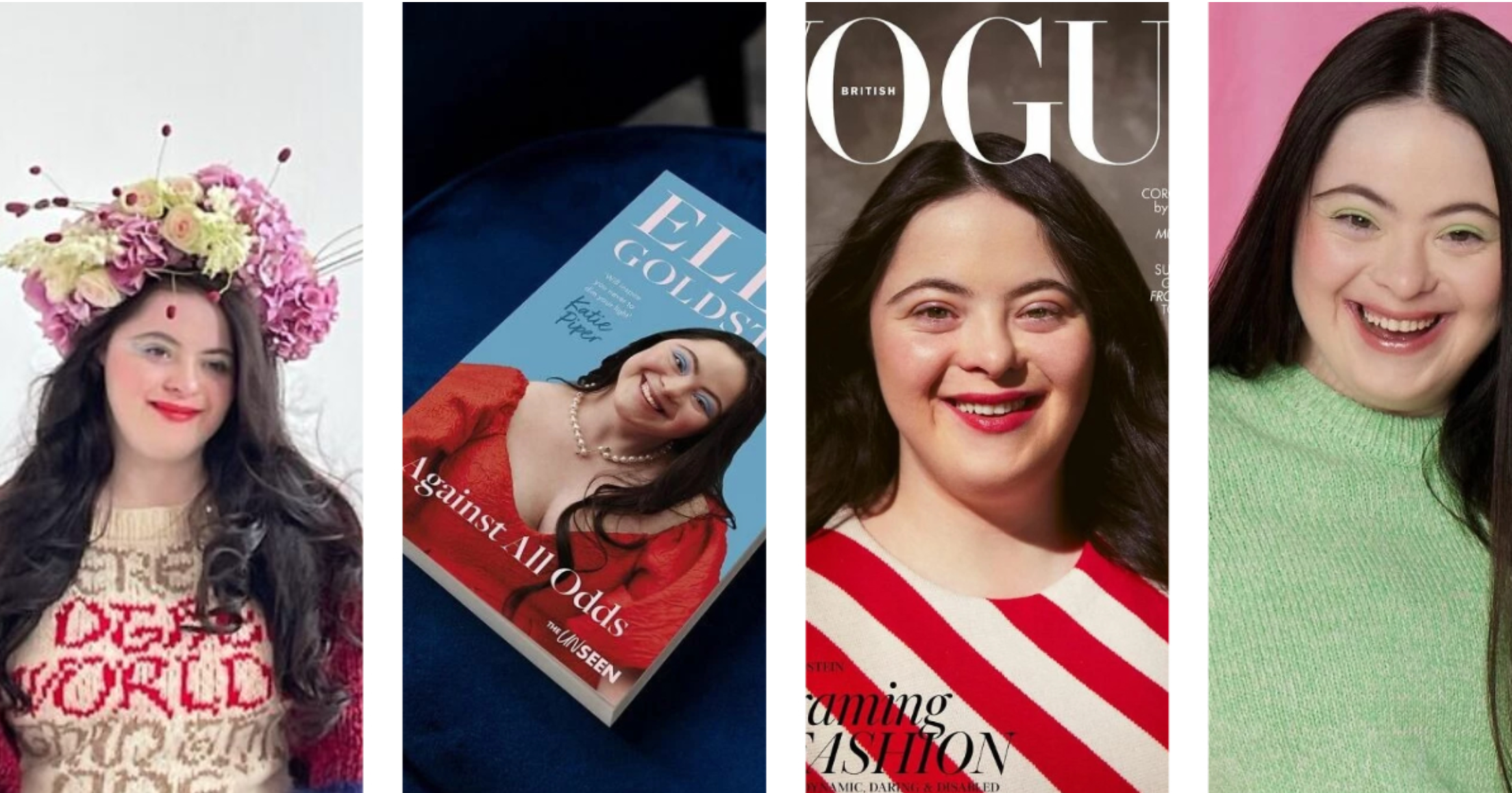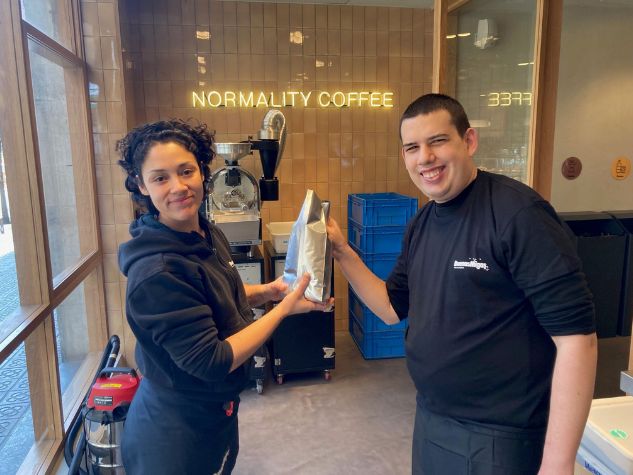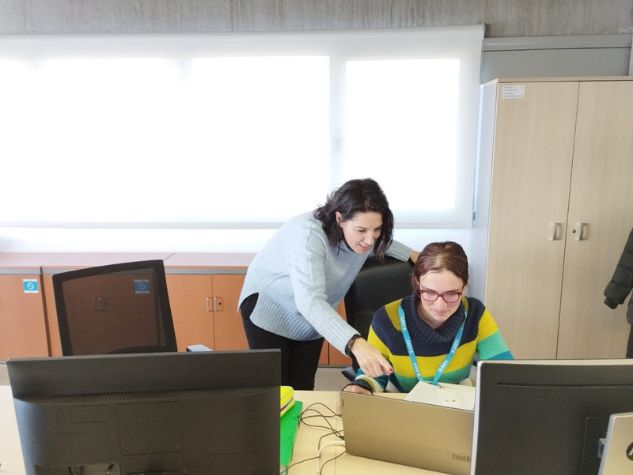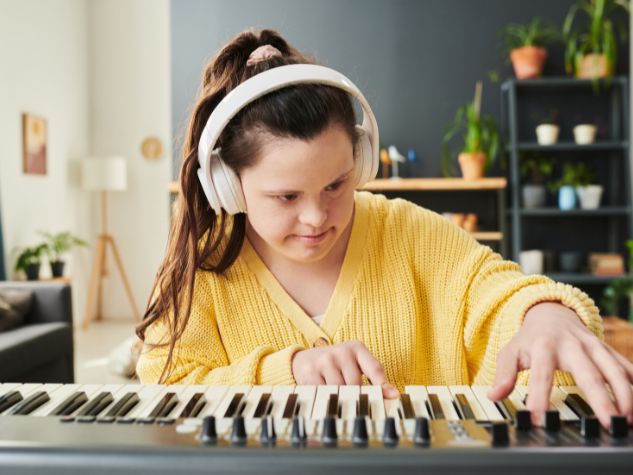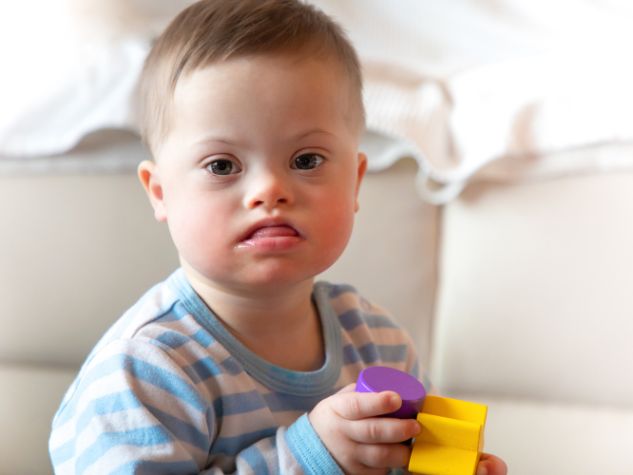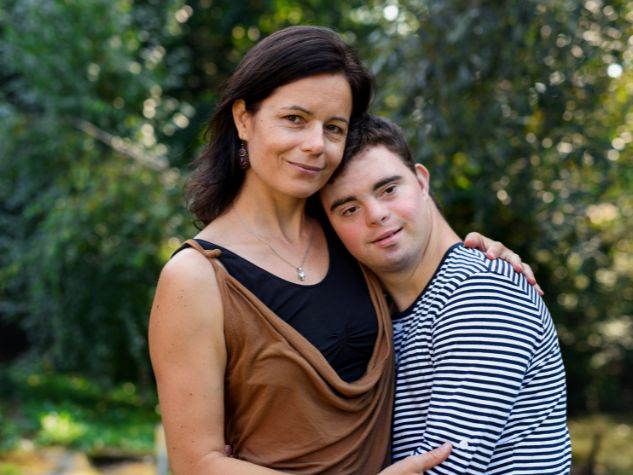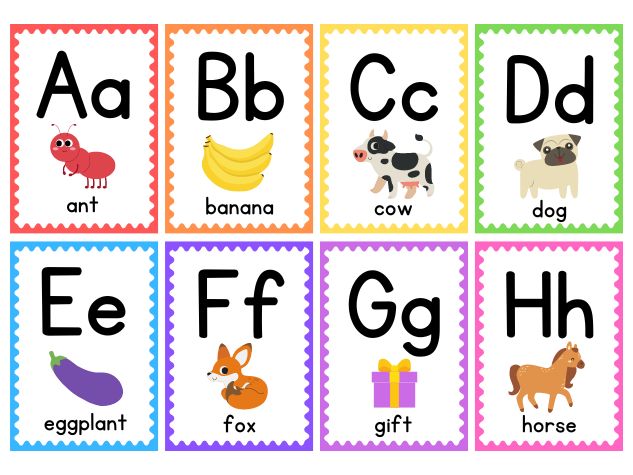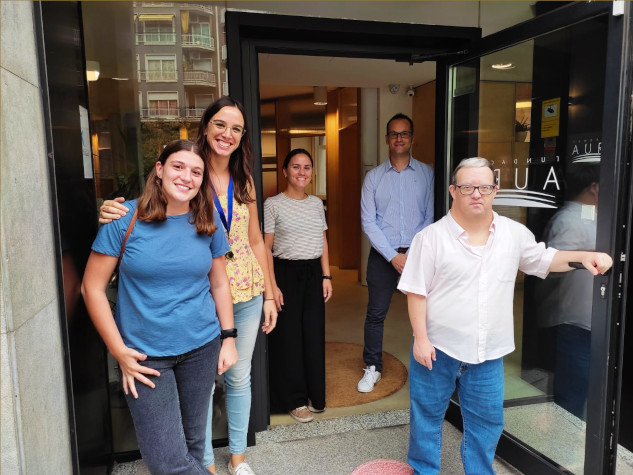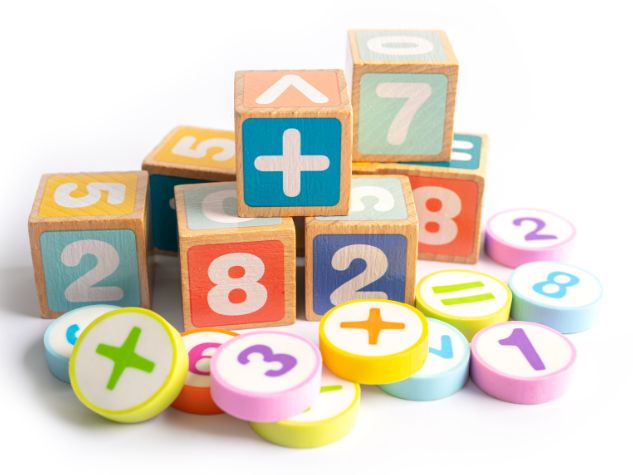Although the rights of people with intellectual disabilities and Down syndrome are gradually being equated with those of the rest of humanity, we often unconsciously create barriers through our attitudes and expressions. It’s true that we sometimes struggle to know how to talk about certain topics. Therefore, let’s explore the most respectful ways to refer to people with disabilities.
First and foremost, we need to understand that when we talk about Down syndrome, we are not dealing with an illness. It is a genetic alteration. Down syndrome occurs when a person has an extra chromosome in pair 21. Thus, since it is not an illness, it cannot be cured, and the person who has it is not suffering or enduring anything; they simply have Down syndrome.
We should avoid negative language that implies they have a disease due to this chromosomal anomaly, as it does not reflect reality. Additionally, the term “mongoloid” is pejorative when referring to people with Down syndrome. We should use neutral terms such as “person with Down syndrome” or “person with trisomy 21.”
Similarly, when referring to people with intellectual disabilities, we must avoid unpleasant terms like “deficient,” “subnormal,” “retarded,” “handicapped,” or “abnormal.” We should steer clear of these expressions in any context. Alternatives like “person with intellectual disability” or “person in a situation of disability” are more appropriate.
Furthermore, whether discussing disabilities or other personal circumstances, we must avoid exclusionary language. For instance, saying that people without Down syndrome are “normal” is discriminatory. All people are different, but above all, we are all people.
Another example is describing someone as having a “deficiency” or a “handicap.” These words carry very negative connotations. Remember, they simply have a disability.
We hope that this brief guide helps you become aware of how we unconsciously place barriers and exclude others when we use negative language. The disability of a person is shaped by the interaction between the person and the environment they live in. Let’s speak in a neutral way with everyone!
Understanding the Nature of Down Syndrome
When discussing Down syndrome, it is crucial to recognize that it is a genetic condition, not a disease. This distinction is important because it frames our understanding and the language we use. Down syndrome occurs due to the presence of an extra chromosome 21. As a result, individuals with Down syndrome have unique developmental and physical characteristics, but this does not mean they are “suffering” or “enduring” a disease. They are simply living with a genetic condition that is a part of who they are.
The language we use shapes our perception and, consequently, our treatment of individuals with Down syndrome. When we describe Down syndrome incorrectly as a disease, it implies that it is something that needs to be cured or fixed. This perspective is not only incorrect but also harmful, as it perpetuates a view that individuals with Down syndrome are somehow incomplete or less than others. Recognizing Down syndrome as a genetic condition helps to normalize it and reduce the stigma associated with it.
Avoiding Negative Terminology
The words we choose matter immensely. Terms like “mongoloid” are outdated and offensive. They carry a history of discrimination and should never be used. Instead, respectful and accurate terms like “person with Down syndrome” or “person with trisomy 21” should be used. These terms emphasize the person first, rather than defining them by their condition.
Similarly, when referring to people with intellectual disabilities, it is crucial to avoid terms that are derogatory or dehumanizing. Words like “deficient,” “subnormal,” “retarded,” “handicapped,” or “abnormal” should be completely avoided. These terms have been used historically to demean and marginalize individuals with disabilities, contributing to a culture of exclusion and discrimination.
Respectful alternatives include “person with intellectual disability” or “person in a situation of disability.” These phrases emphasize the humanity of the individual first and foremost. They recognize that the disability is just one aspect of who they are and do not define their entire identity.
Promoting Inclusive Language
Inclusive language goes beyond avoiding offensive terms. It involves actively choosing words that promote equality and respect. For example, when discussing people without Down syndrome or other disabilities, it is inappropriate to refer to them as “normal.” This implies that those with disabilities are “abnormal,” which is not the case. Instead, we should use terms like “neurotypical” or simply “people without disabilities.” This language respects the diversity of human experience without creating a dichotomy of normal versus abnormal.
Similarly, phrases like “suffering from” or “afflicted with” should be avoided. These terms imply a victim mentality and suggest that life with a disability is inherently negative. Instead, use neutral language such as “has Down syndrome” or “lives with an intellectual disability.” This approach emphasizes that having a disability is just one aspect of a person’s life and does not define their entire existence.
Understanding the Impact of Language
The way we speak about disabilities has a profound impact on how individuals with disabilities are perceived and treated. Language can either reinforce negative stereotypes or promote understanding and inclusion. By choosing our words carefully, we can help to create a society that values all individuals, regardless of their abilities.
For instance, describing someone as “having a deficiency” or “being handicapped” carries a very negative connotation. These words suggest that the person is lacking in some fundamental way, which is simply not true. People with disabilities have different abilities, and framing it in a positive or neutral light helps to promote their dignity and worth.
Instead, we should use terms that focus on the person and their experiences. Saying “they have a disability” or “they live with a disability” is a more respectful and accurate way of speaking. This language acknowledges the disability without defining the person by it.
Creating a Respectful Dialogue
Creating a respectful dialogue about disabilities involves more than just the words we use. It also involves listening to the experiences of people with disabilities and learning from them. People with disabilities are the best advocates for their own needs and experiences, and their voices should be central in any discussion about disability.
When talking to or about someone with a disability, it is important to be respectful and considerate. This means not making assumptions about their abilities or needs, and not speaking for them without their consent. It also means recognizing their autonomy and treating them as individuals with their own unique perspectives and experiences.
In addition to using respectful language, we should also strive to educate others about the importance of inclusive language. This can involve correcting someone gently when they use offensive terms, or providing information about why certain words are harmful. By promoting a culture of respect and inclusion, we can help to reduce the stigma associated with disabilities and create a more equitable society.
Speaking without excluding or discriminating involves more than just avoiding offensive terms. It requires a conscious effort to use language that respects and values all individuals, regardless of their abilities. By understanding the nature of Down syndrome and other disabilities, avoiding negative terminology, promoting inclusive language, and creating a respectful dialogue, we can help to create a more inclusive and equitable society.
This brief guide is intended to raise awareness about how we unconsciously place barriers and exclude others when we use negative language. The disability of a person is shaped by the interaction between the person and the environment they live in. By speaking in a neutral and respectful way, we can help to break down these barriers and promote a culture of inclusion and respect for all. Let’s speak in a neutral way with everyone!
